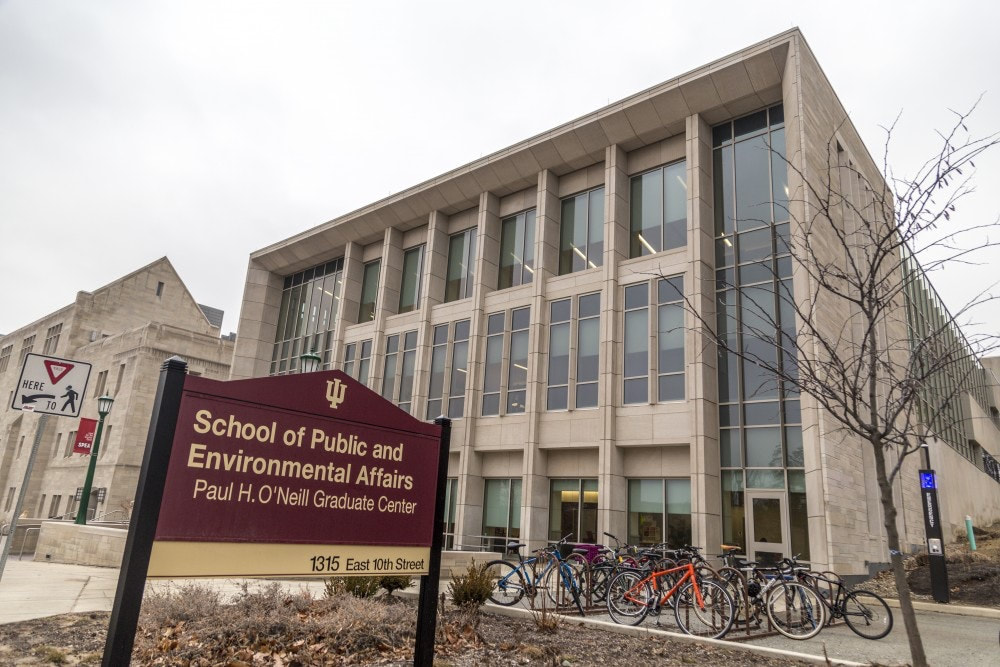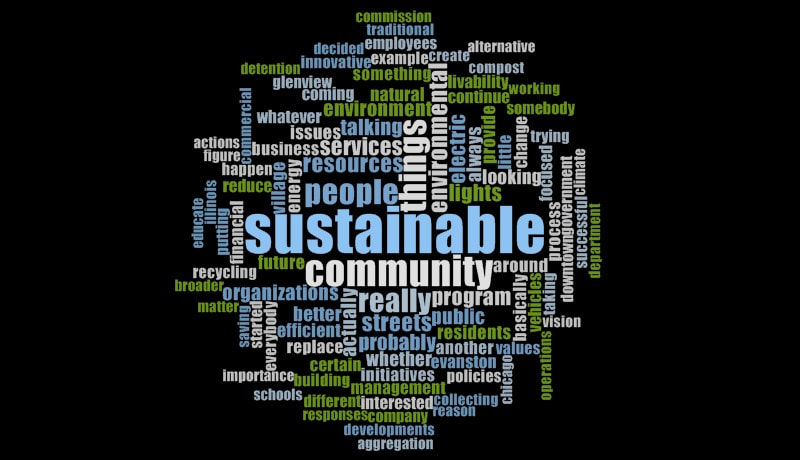|
Metropolitan fragmentation and inequality are two intertwined, complex urban conditions. While segregation and the Industrial Revolution began the process of population sorting in cities, a range of transportation, housing and 'urban renewal' policies from the 1930s and 1940s have also played a part in fueling the phenomenon.
This sets up an interesting dilemma for urban scholars. Has fragmentation -- the proliferation of special-districts and general-purpose governments -- exacerbated population sorting? Or has population sorting along race/ethnicity, income and ideological lines created more fragmentation? This question holds normative importance because policymakers often view some fragmentation as a necessary condition to spur more efficient provision of public services. When cities have to compete for mobile citizens, they theoretically have incentives to keep taxes low and provide service-levels preferred by citizens. But this is probably more a utopian vision of polycentric governance. Fragmentation also creates environmental and fiscal "spill-overs" for urban governance, and has led to a landscape of gated-off enclaves of wealth, alongside overbuilt box-store dystopias and suburban slums. Local fragmentation and inequality can seem hopelessly endogenous when institutional rules permit the easy creation of new towns or community development districts, such as in Florida. But in places like Illinois, fragmentation was driven by distrust of the machine politics of Chicago and Springfield long before post-World War II federal policies fueled white flight to the suburbs. Understanding the causal mechanisms behind many urban policy innovations -- sustainable development or social inclusionary policies -- requires stronger theory on fragmentation, inequality, and how they condition or influence policy diffusion. In a recent article with co-authors Rick Feiock and Kate Wassel published in Review of Policy Research, we explore how these often conflated regional factors influence the commitment of local governments to sustainability. Sustainable service delivery is a burgeoning area of local government practice and research activity, yet the barriers posed by these capacity and complexity conditions remain poorly understood. Investigating how environmental conditions both within and across cities might inhibit adoption of sustainable development innovations brings new evidence to bear on this important question and presents practical implications for local sustainability efforts. Using a Bayesian item response theory (IRT) approach, we explore how the organizational task environment—both within municipal borders and beyond them—influences the willingness of local governments to innovate through sustainable development policies. We find evidence that complex service-delivery needs, income inequality, and governmental fragmentation distinctively influence commitment to green building and social inclusion policies.
0 Comments
Leave a Reply. |
AuthorI work as an Assistant Professor at the O'Neill School of Public and Environmental Affairs at Indiana University Bloomington. There, I direct the MGMT Lab. Archives
January 2023
Categories |



 RSS Feed
RSS Feed
